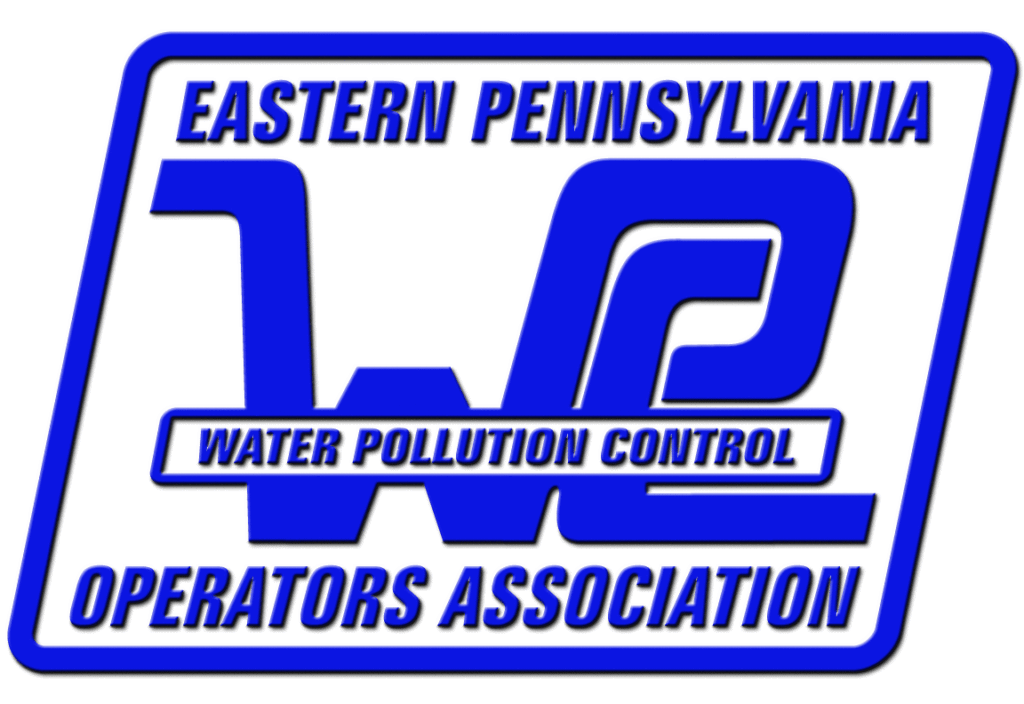New Operator Certification Resources
Congratulations! You have decided to become a certified wastewater treatment plant operator. Whether you are just considering getting started in the field or have been working in a plant for a while, getting certified is an important career decision. So what’s next?
How do you become certified?
(Additional information available from Pennsylvania DEP Training Resources Site Link)
There are only three basic steps to becoming certified:
-
Step 1: Register to take the exam
-
Step 2: After taking the appropriate exam and receiving a passing score, complete the application provided by the certification board and submit it with a current background check and the appropriate fee
-
Step 3: Obtain the necessary working experience appropriate for the class of Certificate you are seeking (See the Table below)
Wastewater System Classifications
Class A All wastewater systems, with unlimited permitted discharge flows
Class B Up to 5,000,000 gallons per day (5MGD)
Class C Up to 1,000,000 gallons per day (1MGD)
Class D Up to 100,000 gallons per day
Class E Satellite wastewater collection systems with pumping stations
Wastewater Operator Certification Sub-classes
-
Subclassification 1 – Activated Sludge – Treatment technology such as extended aeration, sequential batch reactors, contact stabilization, conventional, step fed, or oxidation ditch.
-
Subclassification 2 – Fixed film treatment – Treatment technology such as trickling filters and rotating biological contactors.
-
Subclassification 3 – Treatment ponds and lagoons – Treatment technology that uses aerated, anaerobic, facultative process, or wetlands to treat wastewater.
-
Subclassification 4 – Single entity collection system – A wastewater collection system where the collection system relies on treatment from a wastewater treatment system owned by the owner of the collection system.
-
Subclassification 5 - Laboratory Supervisor - An individual having 2 years of hands-on analytical testing experience, knowledge, skills and abilities necessary to supervise laboratory procedures and the reporting of analytical data for an environmental laboratory operated by a wastewater system in accordance with industry, State and Federal standards. An operator must already be certified in wastewater treatment with Class A, B, C, or D to add this subclassification.
Training
While no training is required before taking the certification exam, it is highly recommended. The EPWPCOA offers training. Click here to visit the training page to see what is currently being offered. Other organizations also offer training for prospective operators. Reading Area Community College offers a two semester evening course to prepare students for the exam. For more information, click here & click here. DEP also lists available training on the Earthwise Academy web page, click here.
Training may be substituted for some work experience, allowing you to become certified sooner.
Education
You must have a high school diploma or GED. Additional education may reduce the required experience.
Experience required
Track 1: High School or GED only
Class A 4 yrs
Class B 3 yrs
Class C 2 yrs
Class D or E 1 yr
Track 2: CP ASP AS BA/BS
Class A 2 yrs 1 yr 3.5 yrs 2 yrs
Class B 1 yr 6 mo 2.5 yrs 1 yr
Class C 6 mo 6mo 1.5 yrs 6 mo
Class D or E 6 mo 6 mo 6 mo 6 mo
CP is a certificate of completion of a DEP approved certificate program
ASP is an Associate Degree in water or wastewater operations approved by DEP
AS is an Associate Degree in environmental sciences, physical sciences, engineering or engineering technology not approved by DEP
BA/BS is a bachelor’s or graduate degree in biology, chemistry, environmental sciences, physical sciences, sanitaryor environmental engineering or engineering technology from a nationally accredited college or university
Track 1 Applicants may substitute training for experience up to 50% of the requirement at the rate of 1 month for each 10 hours of DEP approved courses or 1.5 months for each college credit.
You may apply for certification in a class two classes above your experience. For example, if you obtain your experience in a Class C plant, you may apply for Class A certification.
Examination
There are three types of exams:
-
General
-
Technology-specific
-
Stand-alone (collection system)
Exams are multiple choice, closed book. A formula/conversion sheet is provided. A non-programmable calculator is allowed.
Tests are given by “DEP approved examination providers” at various times and sites throughout the year. Click here for a schedule. Fees vary.
Exam sessions are 4 hours and you may take as many exams as you feel you can complete.
Application process
After passing the exam, complete the application form sent to you.
You will also need:
-
A copy of your high school diploma or GED, college transcripts, and training certificates
-
Documentation of experience from your supervisor
-
Your notarized signature
-
A state police criminal history check, less than 90 days old.
Click here for more information on the appropriate fees.
Operator-in-Training
If you pass the exam but do not have the required experience, you will be issued an Operator-in-Training certificate until you accumulate the time required for the class you need.
